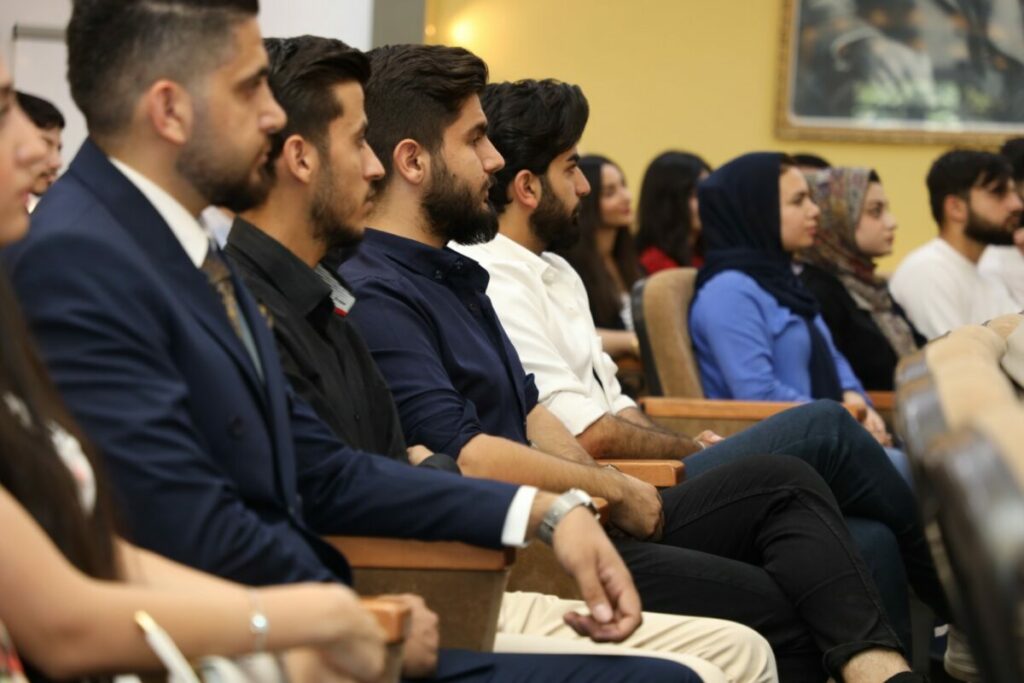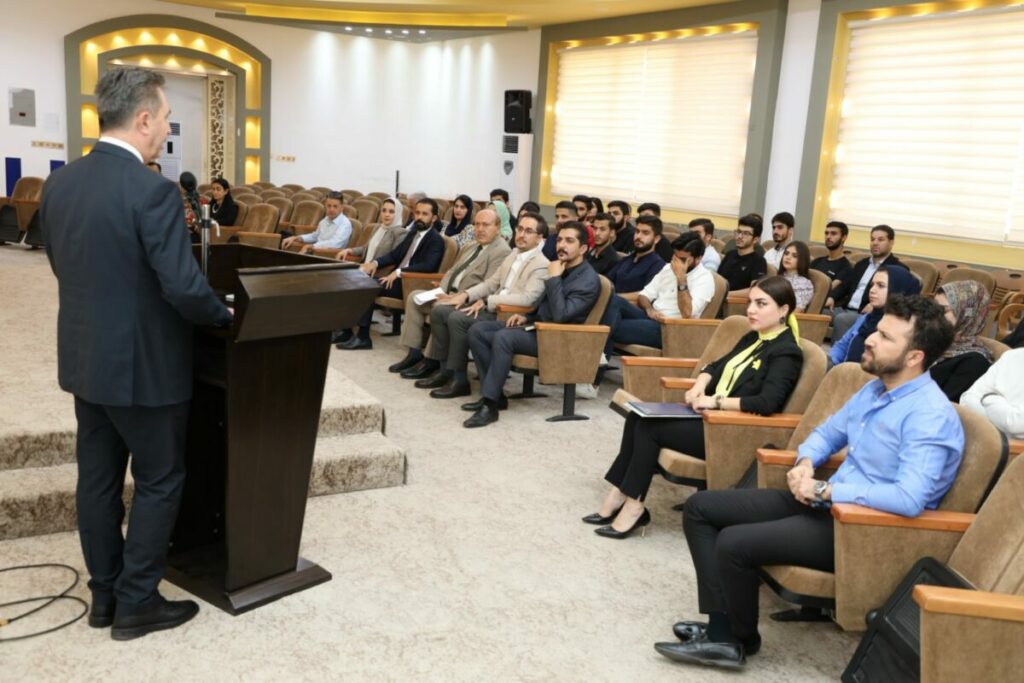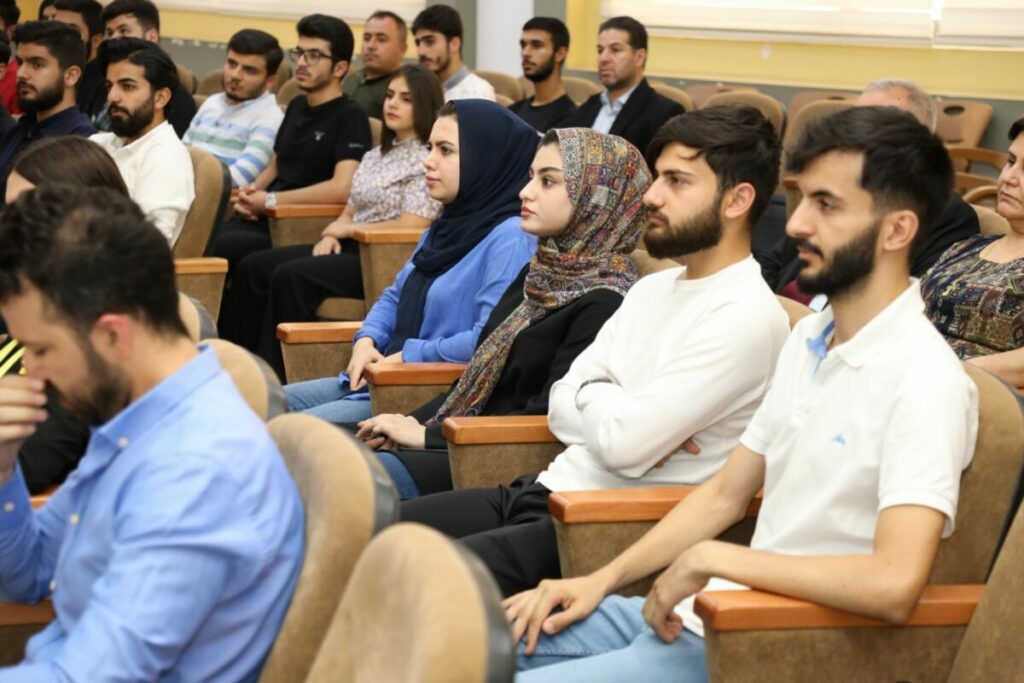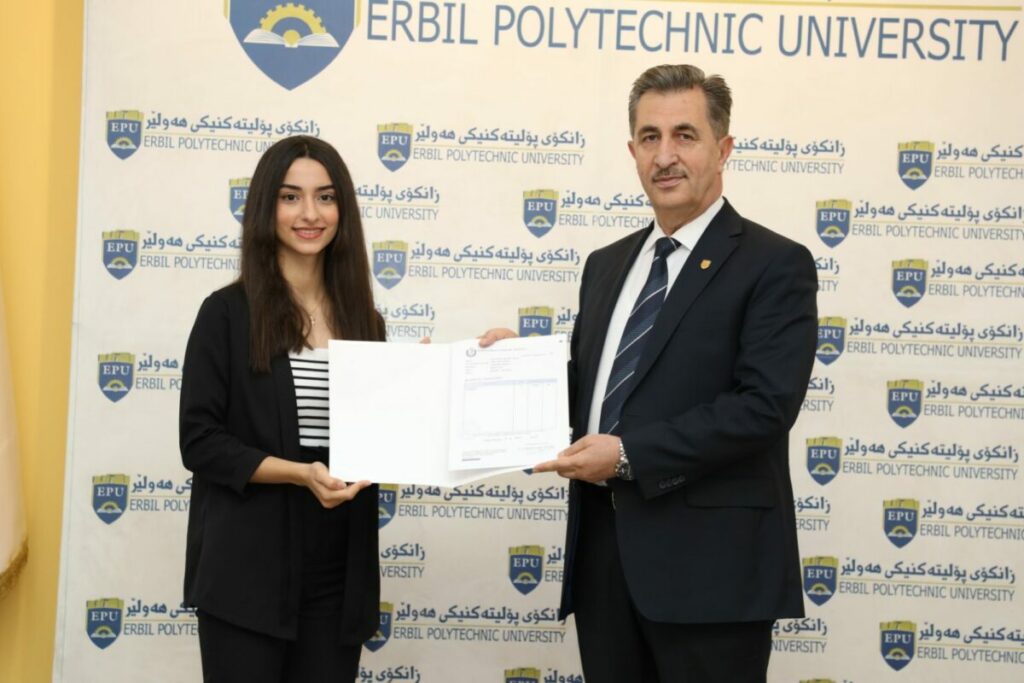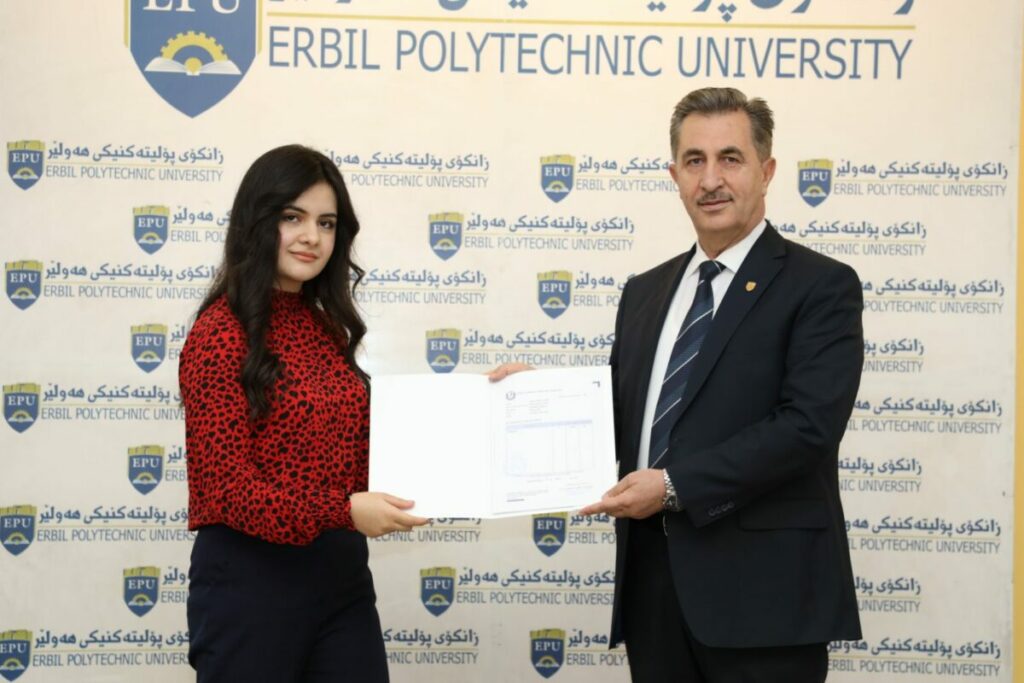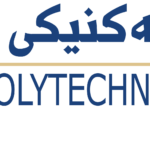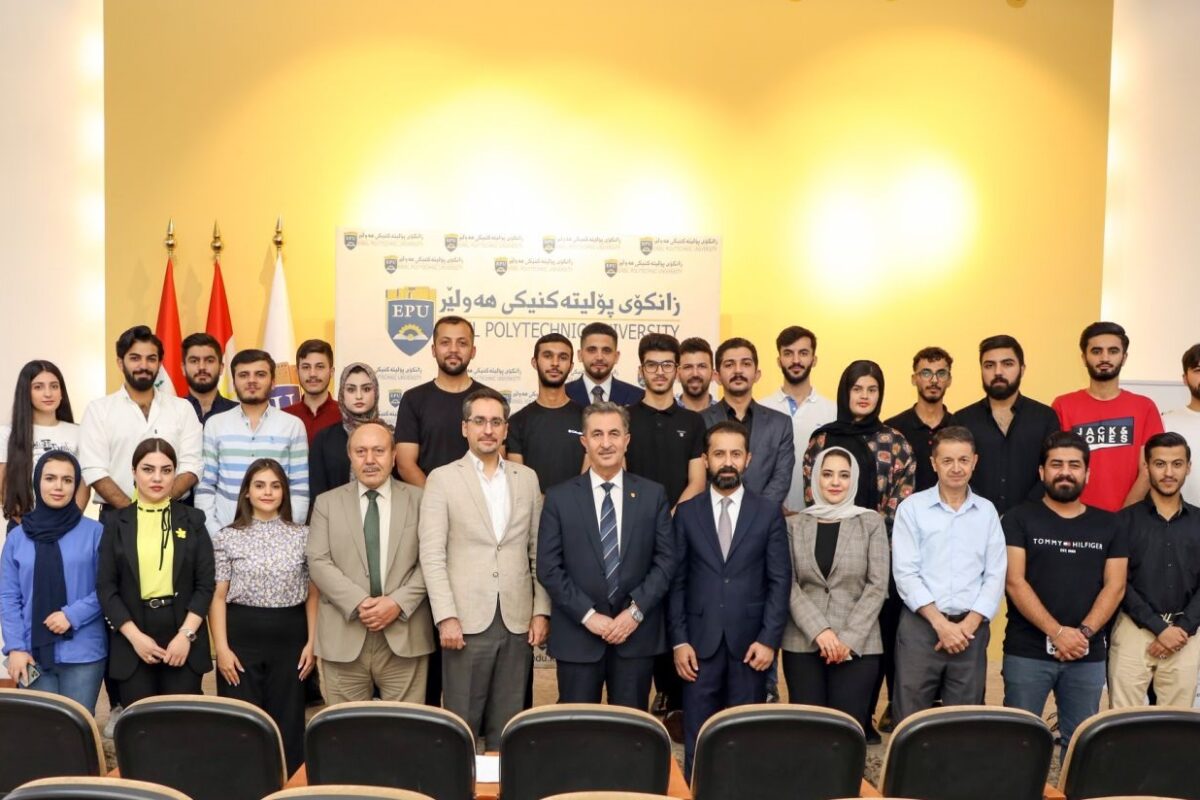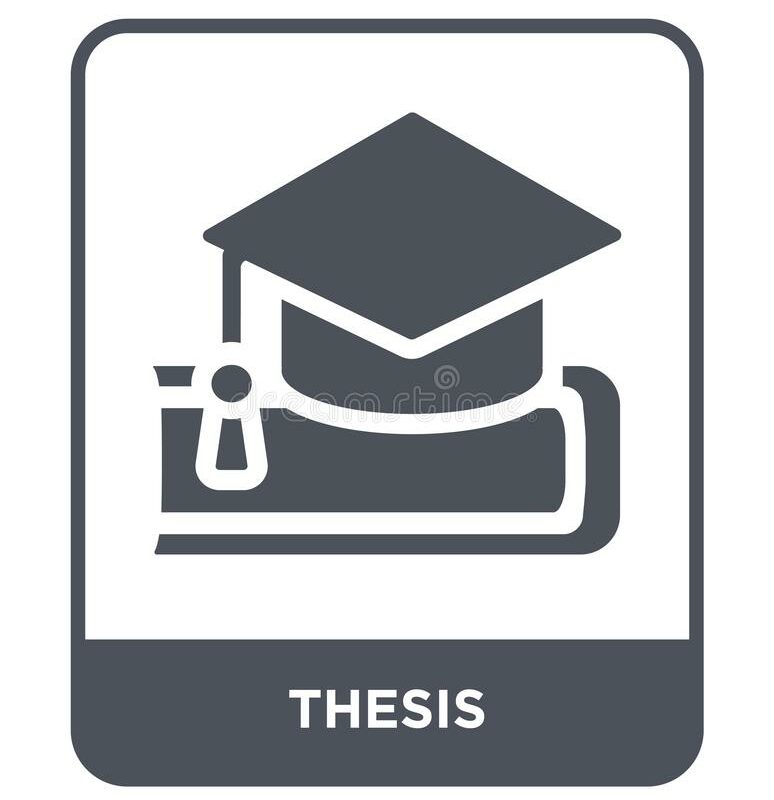On Wednesday, the 21st of June, 2023, in the presence of Prof. Dr. Edrees Muhamad Tahir Harki, the Rector of the Erbil Polytechnic University and the Directorate of the International Relations Office, organized a farewell ceremony for a number of students who are chosen to travel to Poland to conduct summer internships at the University of Lodz as part of the students exchange program between the Erbil Polytechnic University and universities around world.
At the beginning of the ceremony, his Excellency the university Rector welcomed the students and their families and said: “I am very pleased to see a group of students preparing for a scientific trip to a European country. University is the most important gateway in a country. One of the most important criteria for determining whether a university is good or bad is how it can be internationalized, So far ahead of the university rankings, the competition is now about how to deal with internationalization.
One of the most important requirements of the university is how it can become international. The universities that have been able to become international are at the top of the world rankings.
Fortunately, we at the Erbil Polytechnic University have paid great attention to the quality of increasing our relations with universities around the world. Fortunately, after much effort we were able to sign memorandums of understanding with five universities in Poland and work jointly accordingly. Recently, we are in process of implementing our joint memorandums with three Poland universities.
One of these universities is the University of Lodz in the Lodz City, Poland, which you dear students intend to visit next week with our university teachers. Several other countries are participating and their students are going for the trip. That university is one of the most important universities in Poland and Europe. It has about 26,000 students and 90 scientific departments.
Finally, I hope our students can show the beautiful face and atmosphere of our country’s civilization in this scientific trip, because every mixture aims to mix with each other’s civilization and culture that they learn more from culture exchange. The most important goal behind the upcoming scientific summer training is to become familiar with each other’s customs, culture and civilization I hope it will be a successful journey and a new door will be opened for you in dealing with the outside world, a door to educate you to serve this country in the future.
I would like to thank the Vice Rectors and International Relations of the Presidency and its staff for their efforts to reach this partnership. I want to assure you that it has not been easy and a lot of work has been done, as we aim to serve students because the university is for students.
Then, the Director of International Relations Office of the University Presidency Asst. Prof. Dr. Ranj Sirwan Abdullah welcomed the students and their families and gave necessary instructions to the students on how to prepare their needs and be flexible in behavior and answering questions in the country “It took five years to produce this product that you are traveling to that country. This trip is a new experience for you. You represent the Kurds and our university there, only our students and the Jihan University students will travel to that country from Kurdistan. We wish you a successful and fruitful trip.”
The students participating in this trip have been evaluated by the Directorate of International Relations Office that consists of 33 students as follows (24 students will travel to Poland and the other 9 students will conduct the internship online). With the direct support of our university, they have been given travel visas for scientific trips to Poland as a part of the student exchange program for scientific trips around the world, the participating students will be supervised and guided by the Directorate of International Relations Office and two teachers of the Erbil Polytechnic University.
In another part of the ceremony, the Rector of the University, Prof. Dr. Edrees Harki awarded certificates to two students of the Erbil Technical Engineering College who had participated in the Academic Mobility Summer Internship Program at the Latin American University, who were able to complete the training successfully and with a decent grade.
